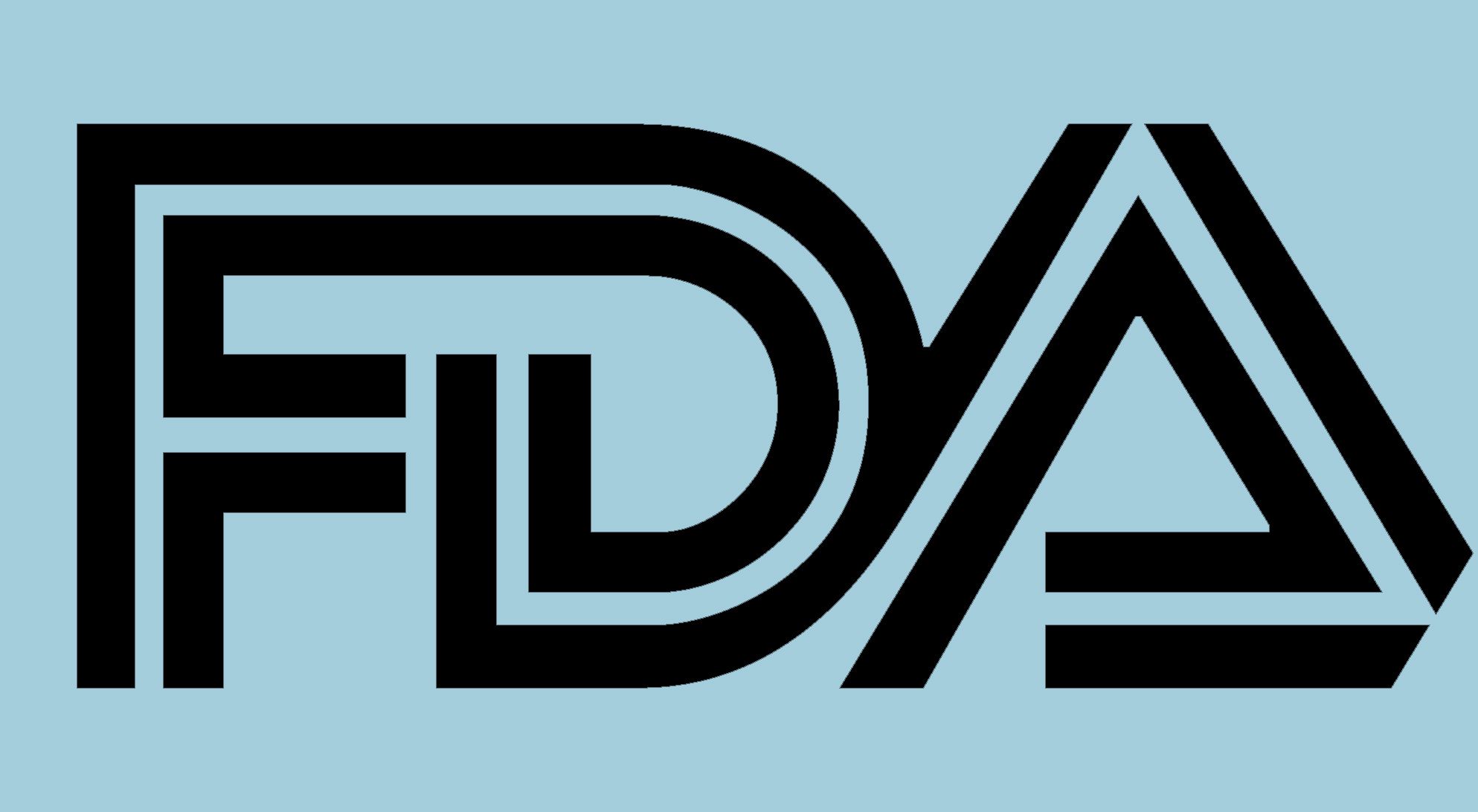News
Article
FDA Approves Carvykti for Relapsed, Refractory Myeloma
Author(s):
The Food and Drug Administration approved the CAR-T cell therapy, Carvykti, for previously treated patients with multiple myeloma.
The FDA approved Carvykti for certain patients with relapsed or refractory multiple myeloma.

The Food and Drug Administration (FDA) approved Carvykti (ciltacabtageneautoleucel; cilta-cel) for the treatment of patients with released or refractory multiple myeloma. The approval is for pretreated patients who are refractory to Revlimid (lenalidomide) and previously received a proteasome inhibitor and an immunomodulatory drug, according to Johnson & Johnson, the manufacturer of the CAR-T cell therapy.
“With this approval, I’m excited for patients who may have the opportunity for a treatment-free period for their multiple myeloma as early as first relapse, with the hope of eliminating the burden of having to be on continuous treatment while living with this challenging disease,” said Dr. Binod Dhakal, Associate Professor, Medical College of Wisconsin, Division of Hematology and Oncology, in the Johnson & Johnson press release.
The approval comes after the FDA’s Oncologic Drugs Advisory Committee (ODAC) unanimously voted that the CAR-T cell therapy’s potential benefits outweigh its potential risks. ODAC based their vote largely on findings from the phase 3 CARTITUDE-4 trial, which showed that Carvykti led to better progression-free survival (PFS; time patients live before their disease worsens) compared to the current standard of care options.
READ MORE: Blood Cancer Expert Talks CAR-T Cell Therapy Risks, Benefits
“Patients with [Revlimid]-refractory multiple myeloma have poor outcomes with current standard therapies. Therefore, there remains a significant and critical unmet need for new therapeutics options [for] these patients to be used earlier in the treatment sequence,” Dr. Irene Ghobrial, professor of medicine at the Dana-Farber Cancer Institute and Harvard Medical School, said during the March 15 ODAC meeting.
Data From CARTITUDE-4
Specifically, data from CARTITUDE-4 showed that researchers were not able to calculate a median PFS for patients treated with Carvykti. This means that most of the patients still did not experience disease progression, so a time to progression average could not be determined. Meanwhile, the median PFS was 11.8 months in the standard-of-care group.
Patients assigned to the standard-of-care group received one of two regimens: Pomalyst (pomalidomide) plus Velcade (bortezomib) and dexamethasone — a regimen known as PVd; or Darzalex (daratumumab), plus Pomalyst and dexamethasone — known as DPd.
A total of 85% of patients in the Carvykti group responded to therapy, compared to 67% in patients who received standard of care.
Further, 58% of patients given Carvykti experienced a stringent complete response (when there are no detectable plasma cells in the bone marrow or myeloma proteins in the urine, according to the Multiple Myeloma Research Foundation); and 15% experiences a complete response (disappearance of all signs of cancer). In the standard-of-care arms, the stringent complete response rate was 15% and the complete response rate was 7%.
“CAR-T offers our patients a great opportunity to have a deeper remission and better long-term outcomes,” Ghobrial said.
Carvykti Side Effects
All patients (100%) treated in the study experienced at least one side effect, regardless of which treatment they received. Moderate to severe (grade 3 or 4) occurred in 84% and 91% in the Carvykti and standard-of-care groups, respectively. Non-fatal severe side effects occurred in 35% of patients who received Carvykti, and 38% of patients who received one of the other regimens.
As of the December 2023 data cutoff (when researchers last collected data), 12% of patients in the Carvykti group died from a side effect, compared with 13% in the standard-of-care group. Of note, the side effect-related death rates were slightly higher in the Carvykti population at a prior data collection. In November 2022, 11% of patients died from a Carvykti-related side effect, compared to 8% in the standard-of-care group.
Carvykti is a CAR-T cell therapy that works by engineering patients’ immune T cells to find and fight cancer. This type of treatment is most commonly associated with cytokine release syndrome and immune effector cell-associated neurotoxicity syndrome (ICANS).
Any-grade cytokine-release syndrome occurred in 78% of patients in the Carvykti group, including 3% moderate to severe events. Cytokine release syndrome was resolved in nearly all (99%) of patients.
ICANS occurred in 7% of patients given Carvykti, including 0.5% moderate to severe ICANS. Ninety-three percent of patients had the side effects resolved.
Secondary Diseases After CAR-T Cell Therapy
After receiving reports of secondary diseases — including CAR-positive lymphoma — the FDA requested Carvykti and other CAR-T cell therapies come with Boxed Warnings.
In CARTITUDE-4, 9% of patients treated with Carvykti experienced a secondary malignancy, compared with 8% in the standard-of-care group. Secondary diseases or conditions in the Carvykti group included skin-related or non-invasive malignancies (5%); blood malignancies (3%), including acute myeloid leukemia or myelodysplastic syndrome (2%); T-cell lymphoma (0.5%) and invasive malignancies (2%).
For more news on cancer updates, research and education, don’t forget to subscribe to CURE®’s newsletters here.




